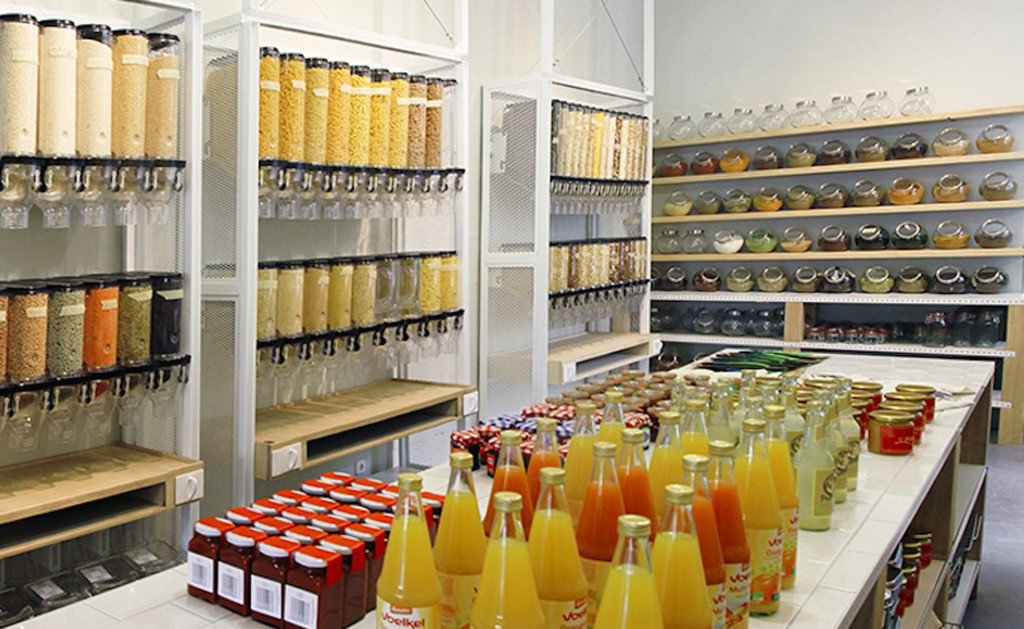Debranding the Future
Since the 90’s consumers have been pushing back on advertising. We’re highly critical of traditional advertising — TV, print and radio — and highly skeptical of other forms of advertising. And for good reason. Coca-Cola sponsoring school events feels eerily similar to the way tobacco companies targeted members of the military during World War II. Free cigarettes! And now you’re hooked.
Social media advertising too puts consumers are edge. As social media continues to blunt traditional forms of advertising marketers are struggling to make it work. “Native advertising” and “content” camouflaged to look like pieces of journalism or thoughtware muddy the waters. As our last blog post so succinctly summed up, “People hate social media ads.” The net-net is that that consumers are too savvy for business as usual.
Swimming in this sea of new advertising and content marketing feels icky and ineffective. So some companies are rethinking their marketing and advertising efforts, using them not as tools of subterfuge, but instead as authentic ways to connect better with consumers and to create a better product or service. And of course, to sell more of said product or service while they’re at it.
The Berlin-based grocery store, Original Unverpackt, has put the focus back on its product. Eschewing packaging and advertising the company focuses its efforts on hiring and nurturing traditional shopkeepers, who while measuring bulk food, also act as educated advocates for their products.
We’ve even seen some of the biggest brands in the world begin to toy with debranding. Remember a few summers ago when Coca-Cola replaced their name with yours? That’s debranding. And let’s be honest, who wasn’t a little excited to see their name on the side of a Diet Coke?
Marketers and advertisers will still play a role in this debranded future. Instead of running from the debranding trend, smart marketing and advertising firms will find ways to specialize in it. In a more debranded future their roles may be elevated, more strategic, as their scope creeps into the realms of product development and customer experience.

